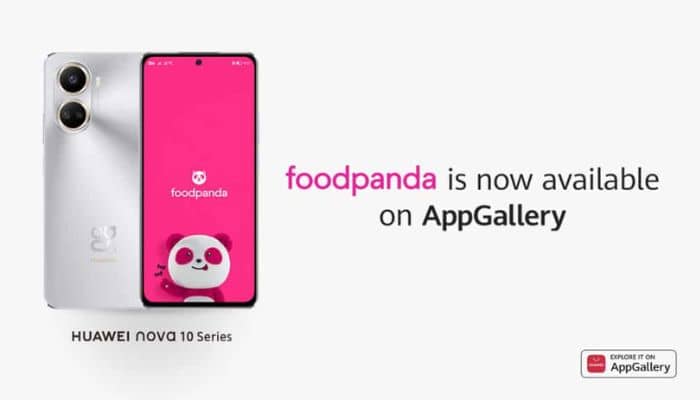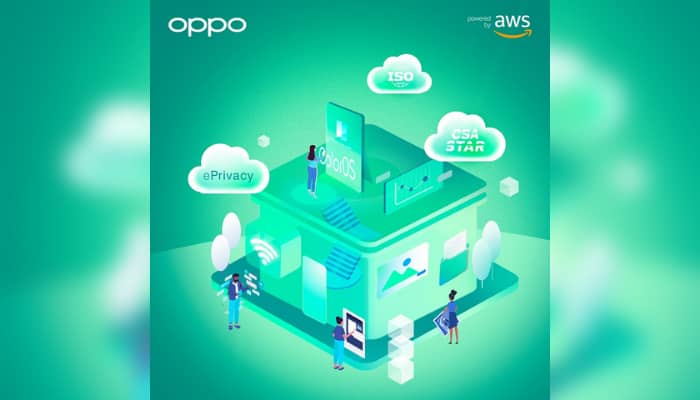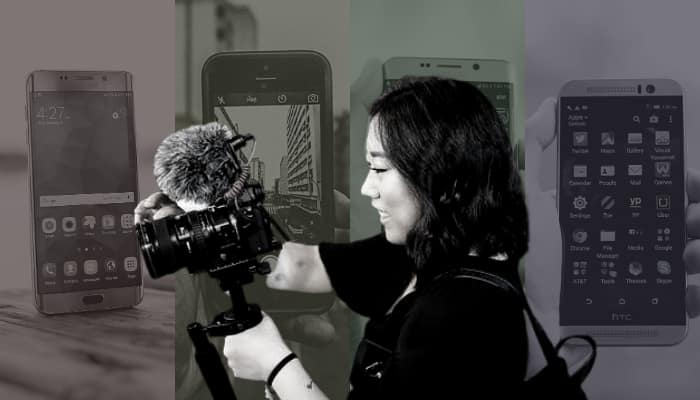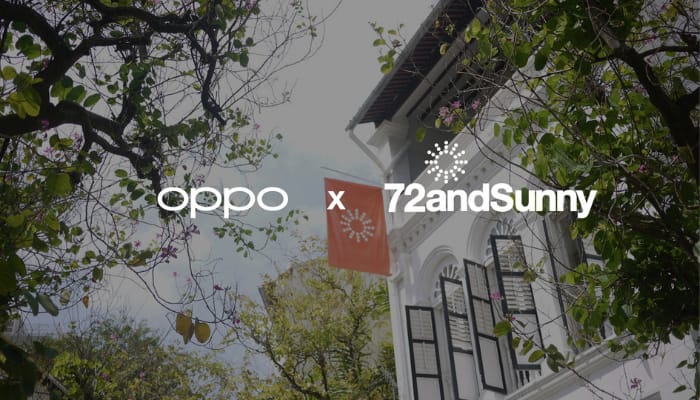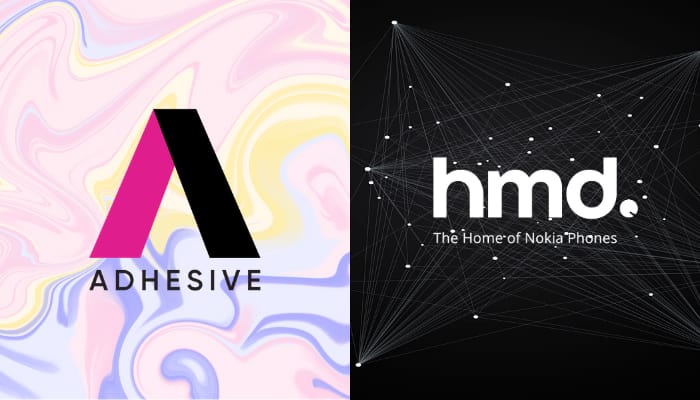Singapore – Food and grocery delivery platform foodpanda has announced a long-term collaboration with Huawei to launch the foodpanda app on the HUAWEI AppGallery for all Huawei smartphone users. The foodpanda app will also be pre-installed on millions of new Huawei mobile devices across the region.
In addition, Huawei will run a series of integrated advertising campaigns on foodpanda’s adtech platform, panda ads. In turn, foodpanda will also be leveraging Huawei’s Ads platform, which includes Huawei’s own media and third party media channels to reach out to Huawei users.
The online-to-offline collaboration will also span across foodpanda and Huawei’s social media channels as well as foodpanda’s OOH billboards. This campaign will be rolled out in Southeast Asia.
With this partnership, hundreds of millions of Huawei smartphone users can now get food, groceries, electronics, gifts, and more delivered to their doorsteps.
Since 1 November 2022, the foodpanda app has been available to Huawei smartphone users in foodpanda’s 11 markets.
Kiranjeet Singh Purba, senior director for advertising and partnerships at foodpanda, said, “We’re excited to join forces with Huawei and help it reach millions of foodpanda customers who are digital-savvy and can therefore resonate with Huawei’s latest technologies and advancements. It also opens doors for us to touch the lives of millions of Huawei users who wouldn’t otherwise have access to the conveniences that on-demand deliveries offer.”
Meanwhile, Rei Xiao, director of mobile ecosystem business growth at Huawei for APAC region, commented, “With foodpanda on our AppGallery, we are able to elevate the experiences of our users, increasing convenience and making deliveries accessible to them. Users can continue to look forward to more benefits and enhanced experiences through Huawei’s expanding cooperation with global partners.”
The recent partnership comes after foodpanda’s multiple partnerships this year, including with The LEGO Group, and J&T Express.

